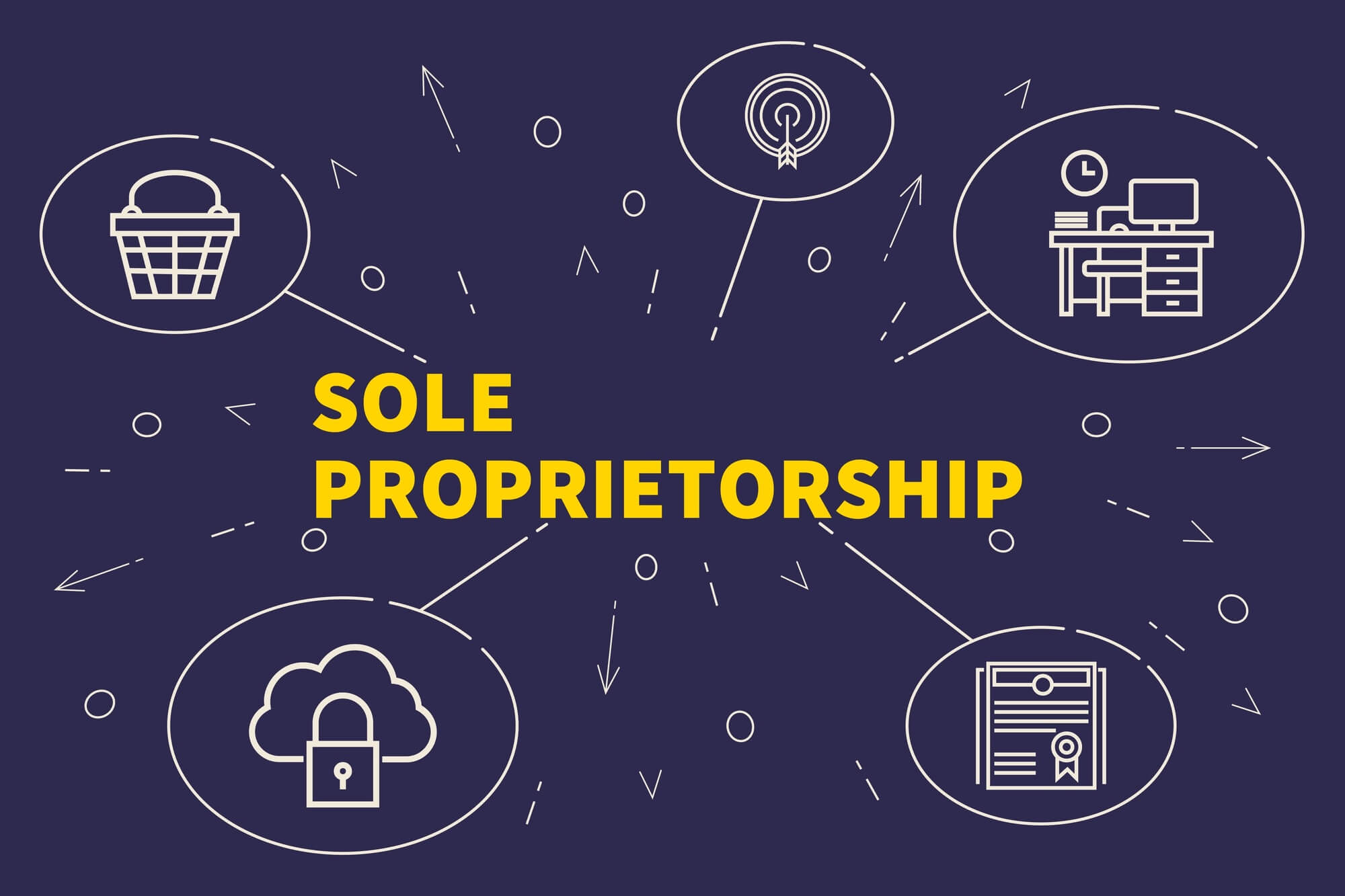As a sole proprietor, it is important to understand your tax obligations and how often you need to pay taxes. In this article, we will provide a comprehensive guide on how often sole proprietors need to pay taxes and what factors can affect their tax obligations.
Firstly, it is important to note that sole proprietors are considered self-employed individuals and are required to pay self-employment taxes. These taxes are used to fund Social Security and Medicare programs and are calculated based on the net income of the business.
Sole proprietors are required to file an annual tax return with the IRS, which is due on April 15th of each year. This tax return should include all income earned from the business, as well as any deductions or credits that may apply.
In addition to the annual tax return, sole proprietors may also be required to make estimated tax payments throughout the year. These payments are made quarterly and are based on the expected income and self-employment tax liability for the year.
The due dates for estimated tax payments are as follows:
- April 15th
- June 15th
- September 15th
- January 15th of the following year
It is important to note that if a sole proprietor fails to make estimated tax payments or pays less than the required amount, they may be subject to penalties and interest charges.
Factors that can affect a sole proprietor's tax obligations include changes in income, changes in deductions or credits, and changes in tax laws. It is important for sole proprietors to stay up-to-date on any changes in tax laws that may affect their business.
In conclusion, sole proprietors are required to pay self-employment taxes and file an annual tax return with the IRS. They may also be required to make estimated tax payments throughout the year. It is important for sole proprietors to stay up-to-date on their tax obligations and any changes in tax laws that may affect their business.


